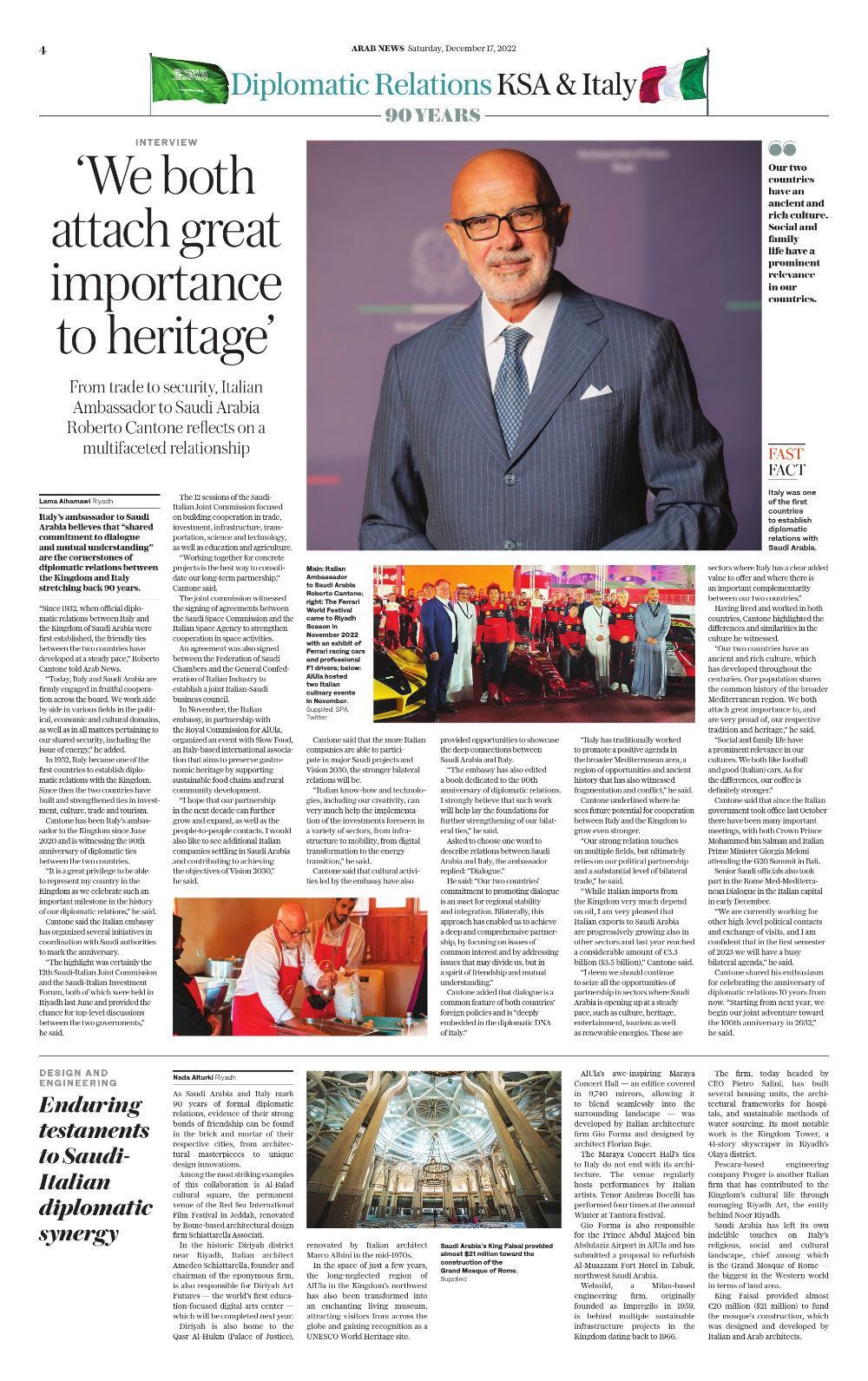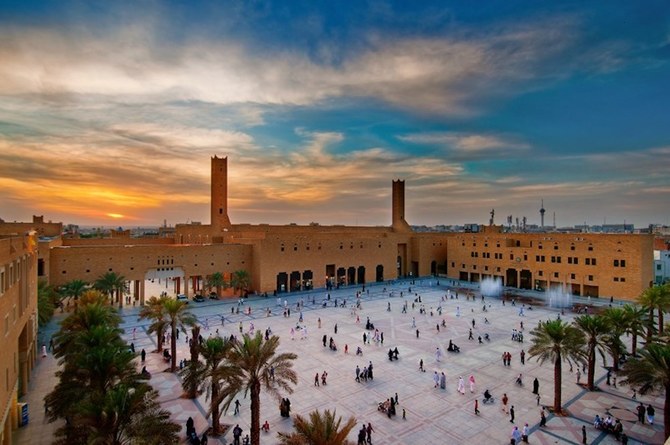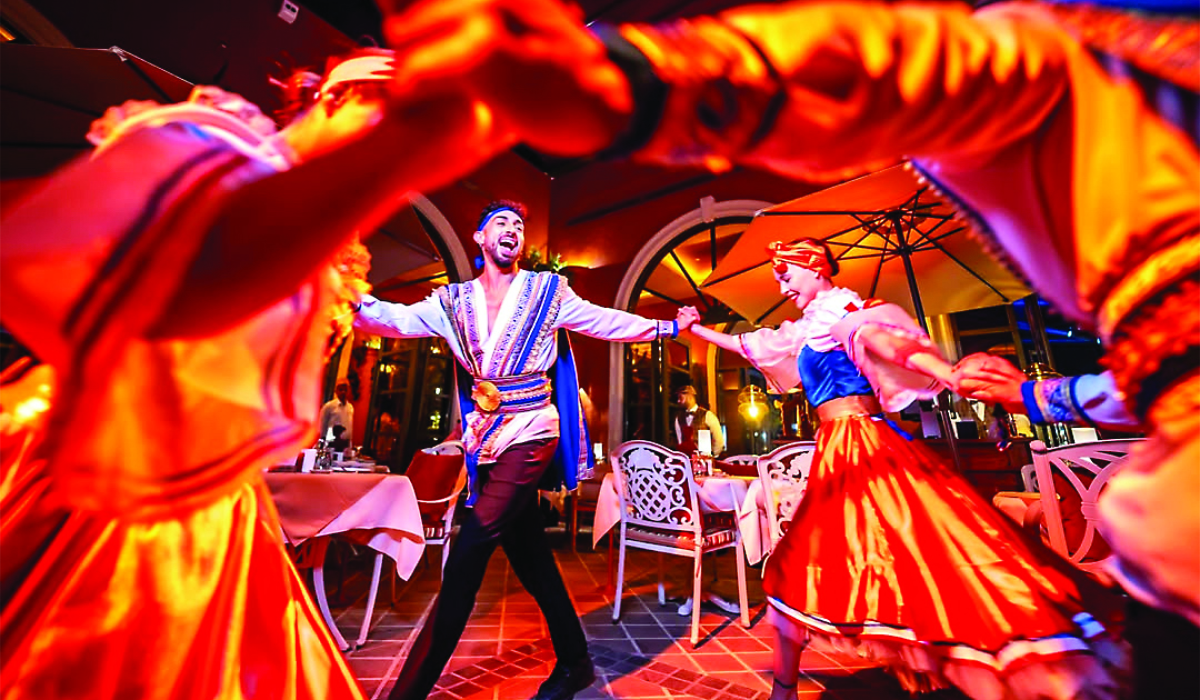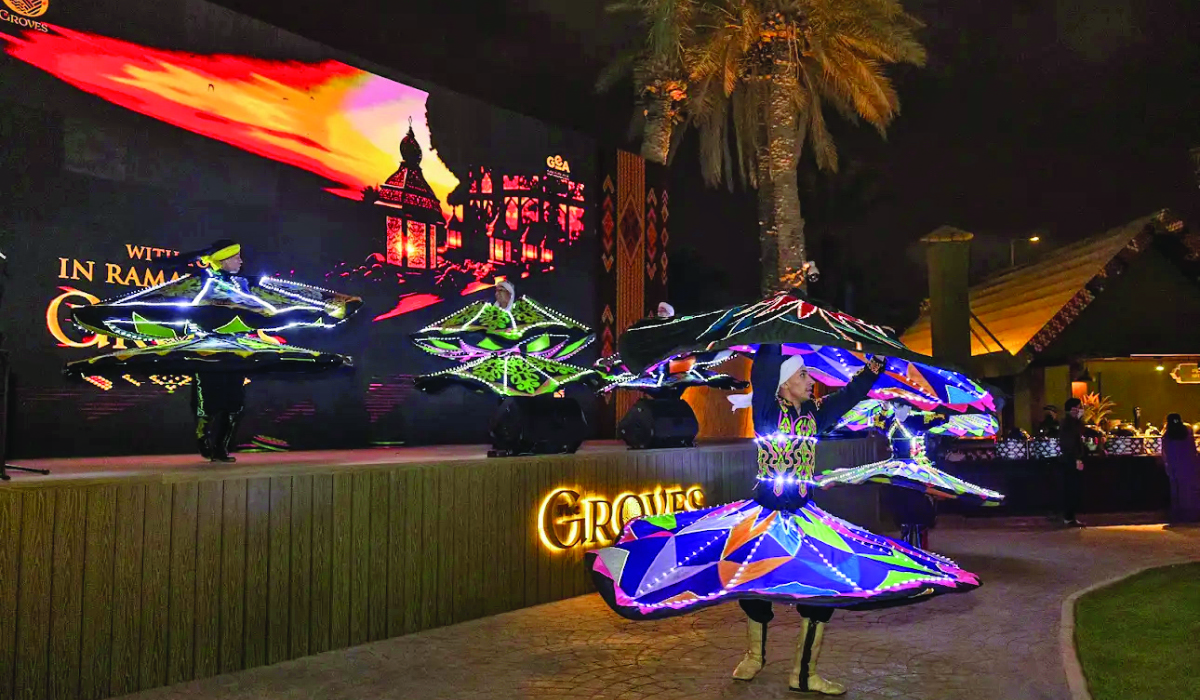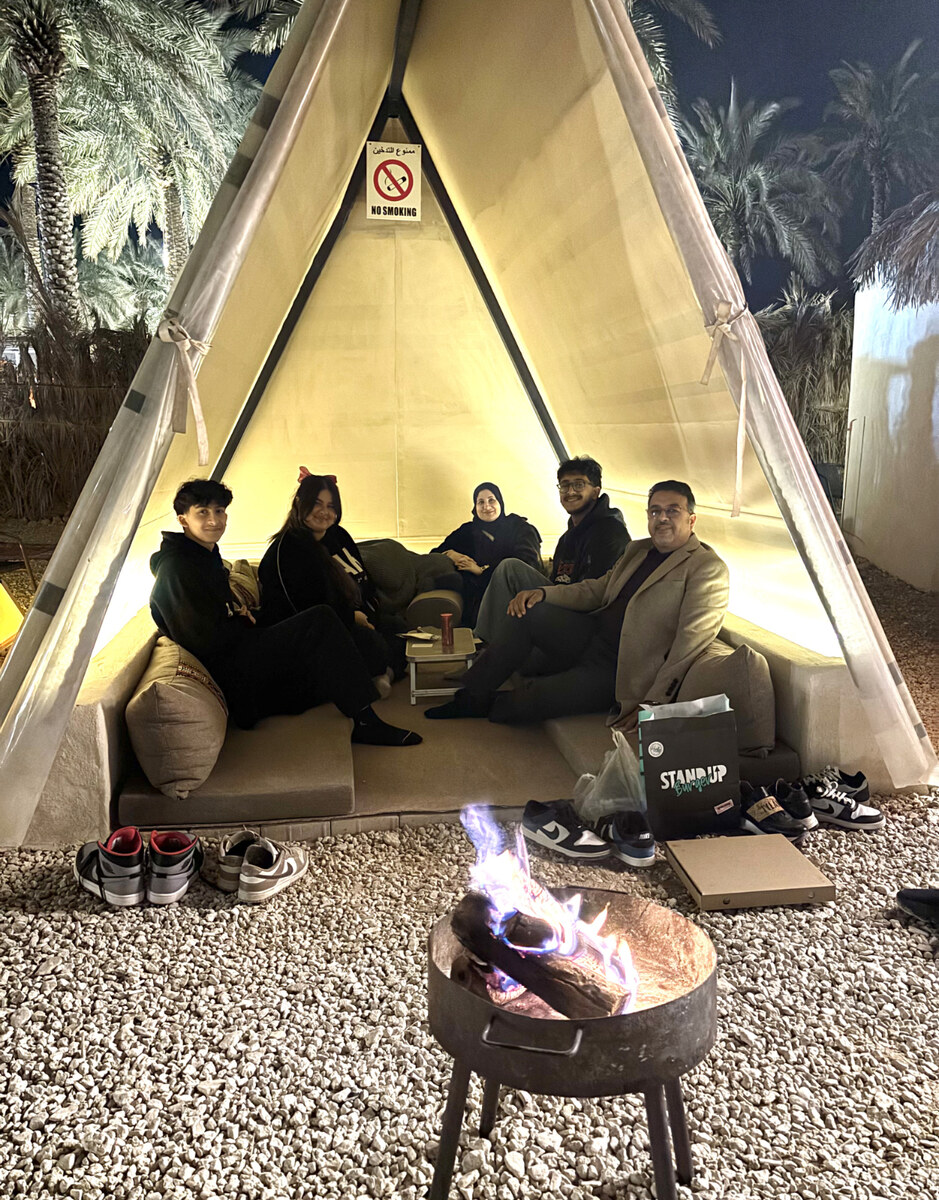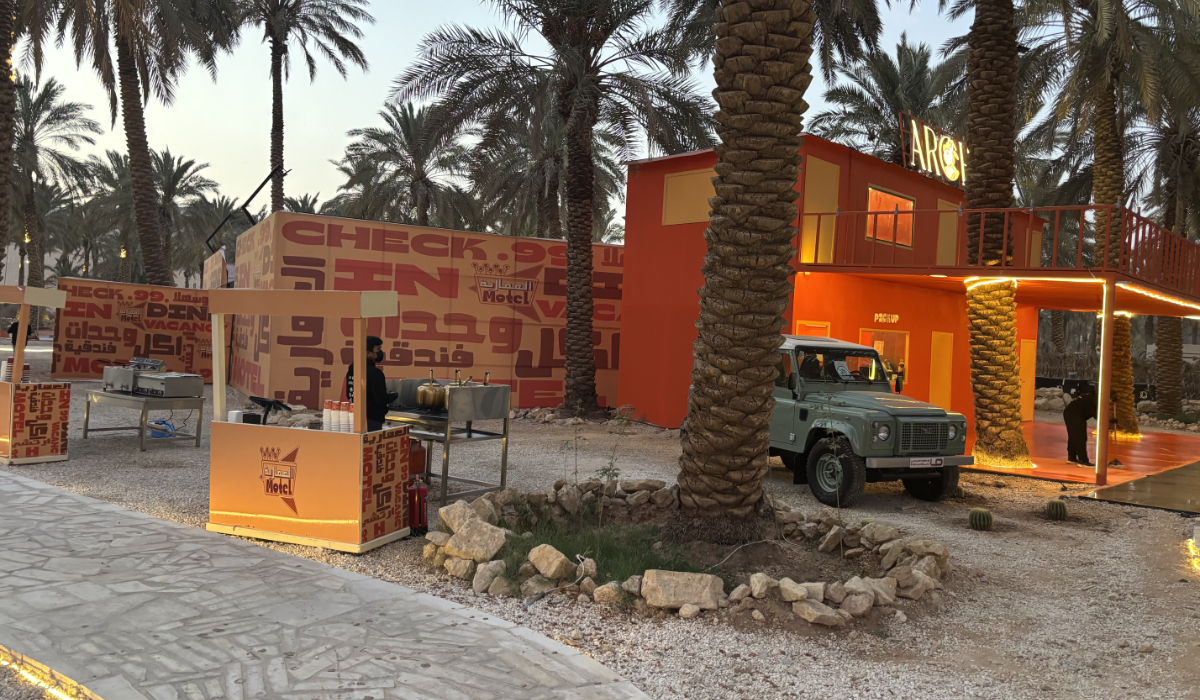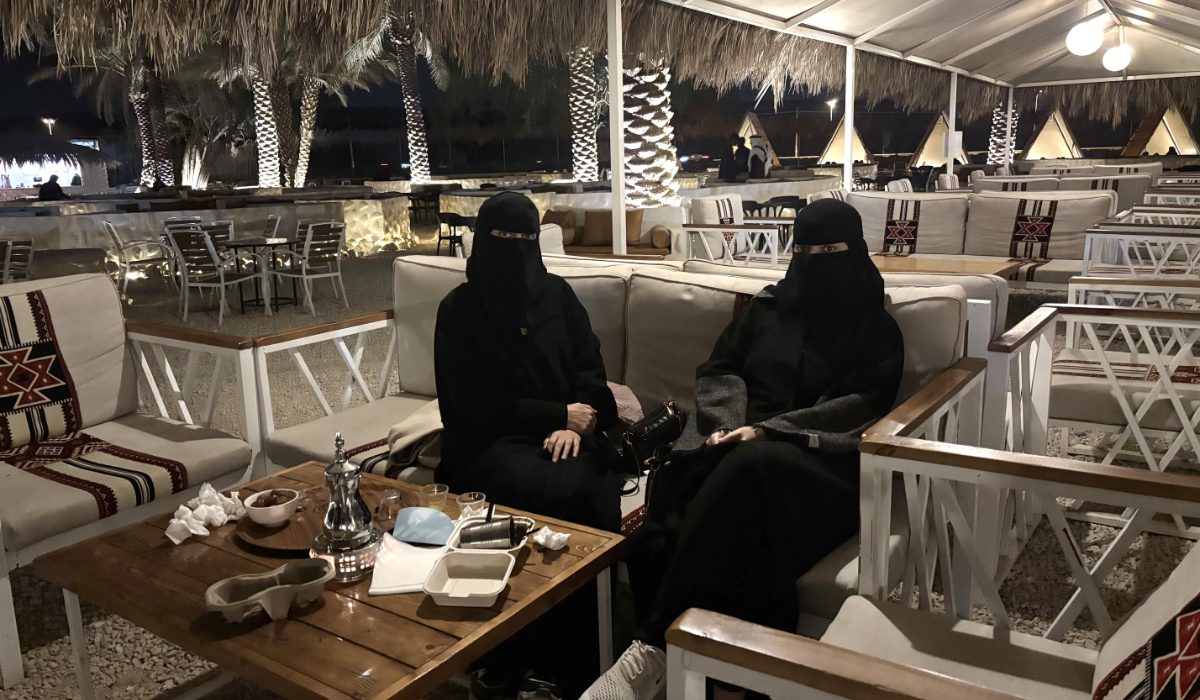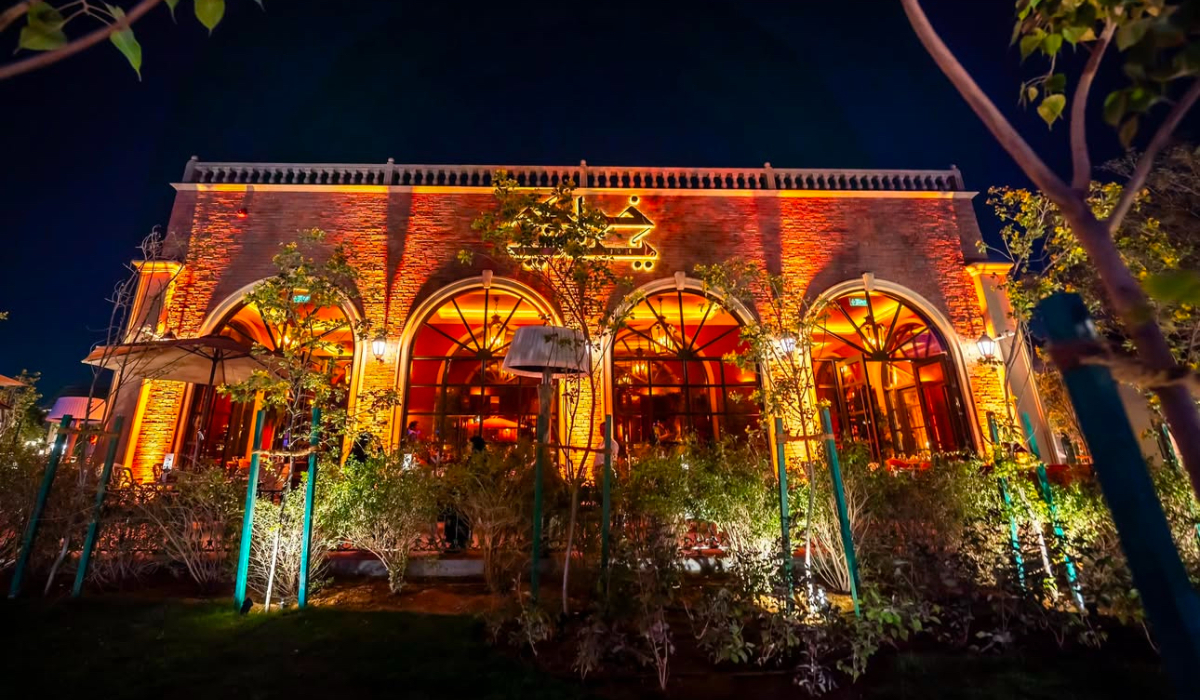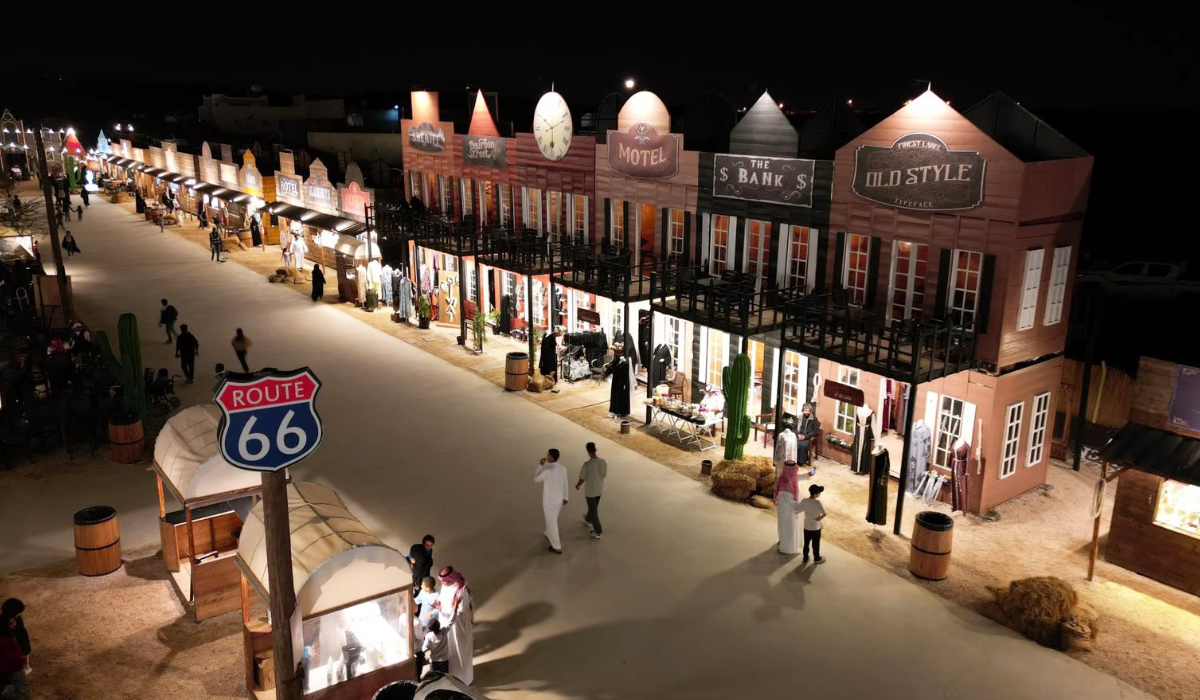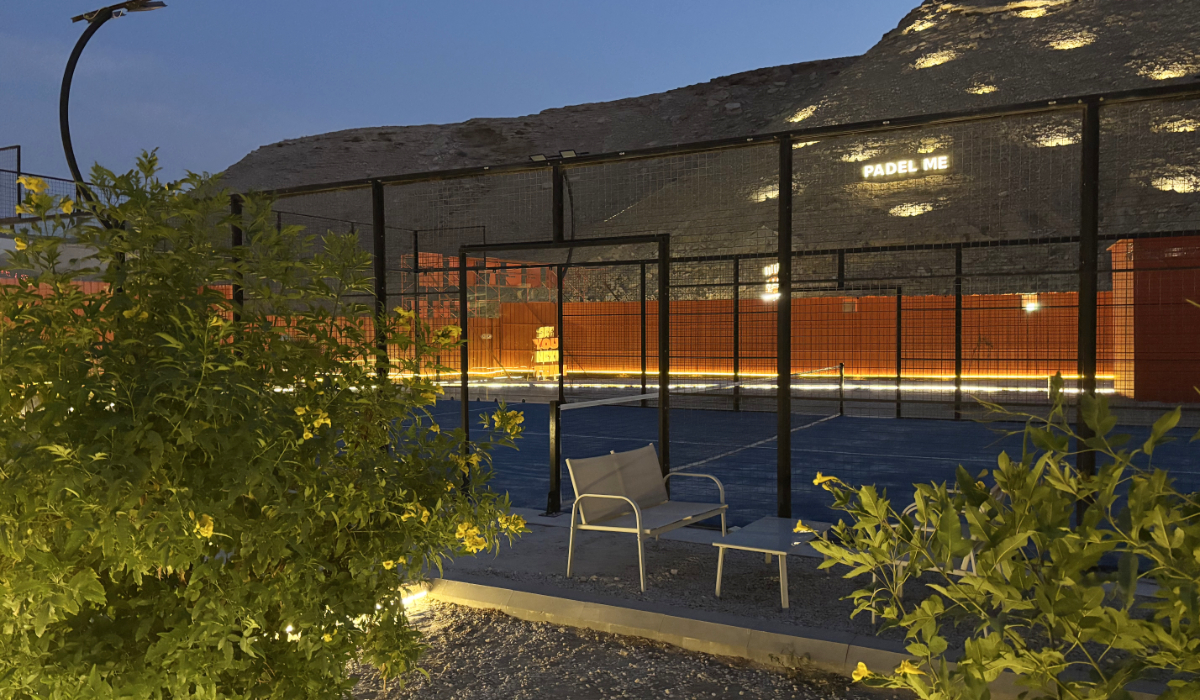RIYADH: As Saudi Arabia and Italy mark 90 years of formal diplomatic relations, evidence of their strong bonds of friendship can be found in the brick and mortar of their respective cities, from architectural masterpieces to unique design innovations.
Among the most striking examples of this collaboration is Al-Balad cultural square, the permanent venue of the Red Sea International Film Festival in Jeddah, renovated by Rome-based architectural design firm Schiattarella Associati.
In the historic Diriyah district near Riyadh, Italian architect Amedeo Schiattarella, founder and chairman of the eponymous firm, is also responsible for Diriyah Art Futures — the world’s first education-focused digital arts center — which will be completed next year.
The 10,000-square-meter site will not only act as an innovation hub but also as a tourist attraction, dotted with hotels, restaurants, parks and coffee shops, set in the historic grounds where the Saudi state was born.

The astounding Maraya Concert Hall, a 9,740 mirror monument that blends itself to the natural landscape, is developed by Italian architecture firm Gio Forma and designed by architect Florian Boje, backed by a fascinating philosophy. (Sourced)
Incidentally, Diriyah is also home to the Qasr Al-Hukm (Palace of Justice), renovated by Italian architect Marco Albini in the mid-1970s.
In the space of just a few years, the long-neglected region of AlUla in the Kingdom’s northwest has also been transformed into an enchanting living museum, attracting visitors from across the globe and gaining recognition as a UNESCO World Heritage site.
AlUla’s awe-inspiring Maraya Concert Hall — an edifice covered in 9,740 mirrors, allowing it to blend seamlessly into the surrounding landscape — was developed by Italian architecture firm Gio Forma and designed by architect Florian Boje.
Maraya was the first development under the Journey Through Time Masterplan, a Saudi initiative to preserve the Kingdom’s cultural oasis and explore 200,000 years of heritage in AlUla dating back to the Nabataeans.
As part of the Kingdom’s Vision 2030 social reform and economic diversification agenda, Maraya aims to raise awareness about the region’s cultural legacy and remarkable topography.
The Maraya Concert Hall’s ties to Italy do not end with its architecture. The venue regularly hosts performances by Italian artists. Tenor Andreas Bocelli has performed four times at the annual Winter at Tantora.
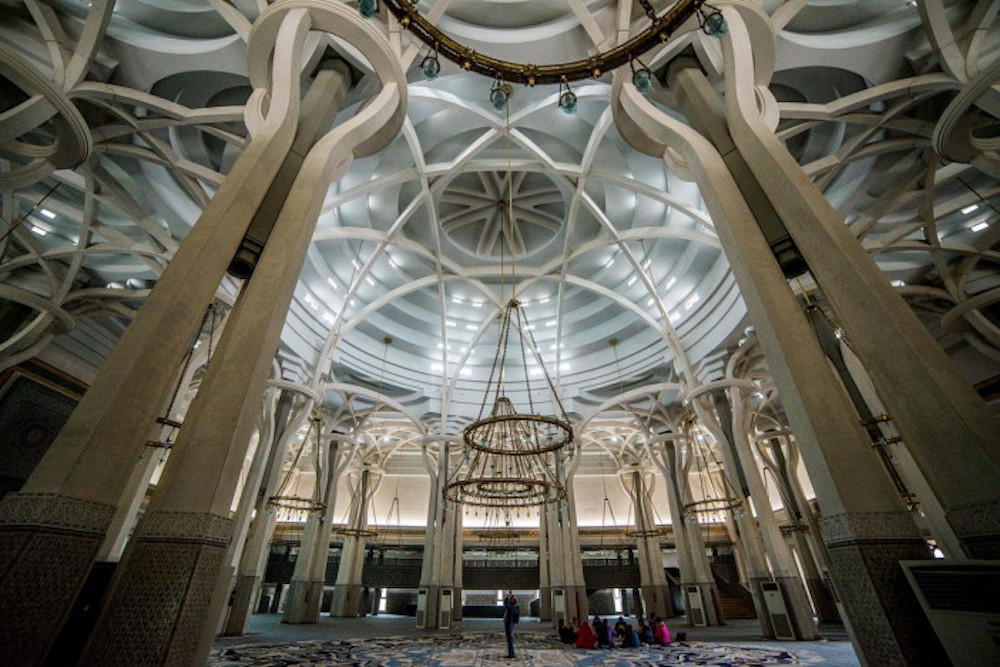
The Grand Mosque of Rome was greatly financed by King Faisal with nearly €20 million and designed by Italian and Arab architects. (Sourced)
Gio Forma is also responsible for the Prince Abdul Majeed bin Abdulaziz Airport in AlUla and has submitted a proposal to refurbish Al-Muazzam Fort Hotel in Tabuk, northwest Saudi Arabia.
Italian involvement in the Kingdom’s infrastructure projects is not a recent phenomenon. Webuild, a Milan-based engineering firm, originally founded as Impregilo in 1959, is behind multiple sustainable infrastructure projects in the Kingdom dating back to 1966.
The firm, today headed by CEO Pietro Salini, has built several housing units, the architectural frameworks for hospitals, and sustainable methods of water sourcing. Its most notable work is the Kingdom Tower, a 41-story, 302.3-meter-tall skyscraper located in Riyadh’s Olaya district.
More recently, Webuild has contributed to the design of the Riyadh Metro.
Pescara-based engineering company Proger is another Italian firm that has contributed to the Kingdom’s cultural life through managing Riyadh Art, the entity behind Noor Riyadh, Saudi Arabia’s largest annual light festival, which transforms the capital into an open-air gallery.
The 2022 festival broke six world records, including one for the biggest celebration of light-based art.
Saudi Arabia has left its own indelible touches on Italy’s religious, social and cultural landscape, chief among which is the Grand Mosque of Rome — the biggest in the Western world, able to accommodate 12,000 worshippers.
King Faisal provided nearly EUR20 million ($21 million) to fund the mosque’s construction, which was designed and developed by Italian and Arab architects.
Design cooperation between Italy and Saudi Arabia does not end with architecture.
In recent times, the Fashion Commission’s Saudi 100 Brands, an initiative championing Saudi creatives and placing them on a global platform, saw the first set of designers showcase their work at Milan Fashion Week, in collaboration with White Milano.
As the Kingdom diversifies its economy into leisure, hospitality and tourism, develops its creative industries, academic institutions, and entertainment venues, and becomes a major regional destination for retail, dining and doing business, the ties that bind Saudi and Italian designers, architects and engineers will no doubt continue to flourish.
